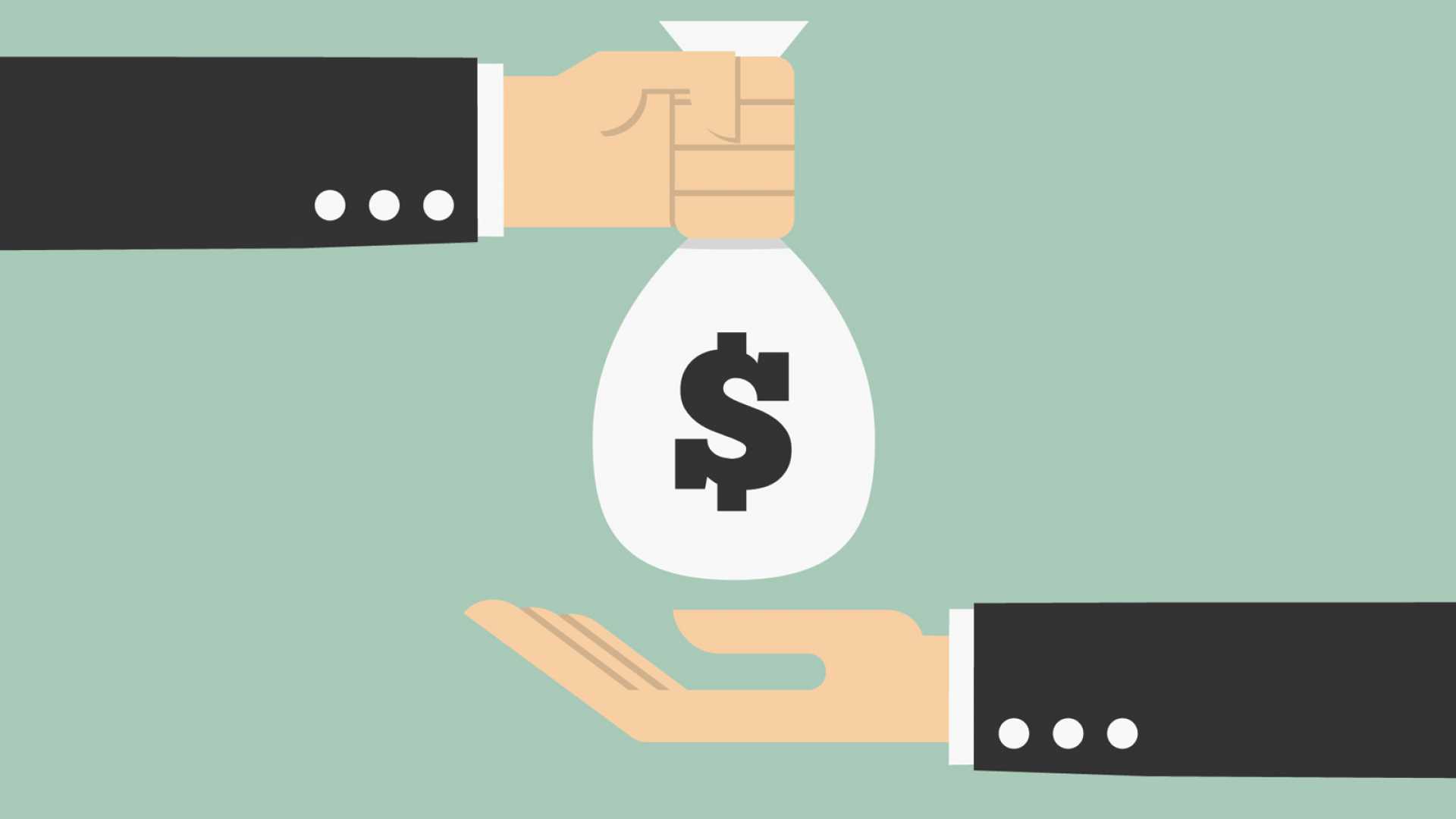Explore the Advantages of Pre Approval Student Loans for Your Education And Learning Journey
Explore the Advantages of Pre Approval Student Loans for Your Education And Learning Journey
Blog Article
Understanding the Influence of Rates Of Interest on Home Loans for First-Time Buyers
Browsing the labyrinth of home loans can be intimidating for first-time buyers, particularly when rate of interest rates play a pivotal role in forming their monetary trip. The option between adjustable-rate and set home mortgages brings substantial repercussions, impacting month-to-month budget plans and long-term financial stability. As passion prices vary with economic changes, understanding their determination ends up being essential.
Just How Rates Of Interest Are Determined
Rates of interest on mortgage are determined by a complicated interplay of economic factors and plans. The primary driver is the monetary plan established by central banks, such as the Federal Get in the USA, which readjusts the federal funds rate to influence financial activity. When the reserve bank elevates this rate, obtaining ends up being much more pricey, typically leading to increased mortgage passion rates. Alternatively, decreasing the government funds rate can make loaning less costly, potentially reducing home loan prices.
One more significant aspect is inflation. Higher inflation usually leads to higher rates of interest as lending institutions require even more return to offset the lowering buying power of future repayments. Financial growth likewise plays an important role; in durations of durable financial efficiency, demand for credit rating rises, which can drive up passion rates.
In addition, the bond market significantly influences home loan rates. Long-term interest rates, including those for home fundings, are carefully linked to returns on federal government bonds. As bond yields increase, so do home loan rates, showing the increased price of long-term loaning.

Kinds Of Interest Prices
Comprehending the numerous sorts of interest rates is integral to understanding how home mortgage work. There are primarily two groups of rates of interest that borrowers run into: fixed and variable. A fixed rate of interest continues to be consistent throughout the term of the finance. This uses predictability in regular monthly settlements, offering customers with security and simplicity in budgeting. It is particularly helpful in settings where future rate of interest rate increases are expected.
On the other hand, a variable rate of interest, likewise called a flexible rate, fluctuates with time, generally in action to changes in a defined criteria or index. These prices usually start less than dealt with rates, which can be appealing to first-time purchasers. However, they require the risk of enhancing over time, potentially causing greater overall costs if market rates rise.
In addition, some lending institutions use hybrid rates of interest, integrating elements of both repaired and variable rates. An initial period with a fixed price could be adhered to by a variable price. Comprehending these distinctions is important for customers to make educated choices that straighten with their economic scenarios and run the risk of tolerance, as each type presents one-of-a-kind benefits and possible drawbacks.

Effect on Month-to-month Repayments
Month-to-month payments on home financings are directly influenced by the type of interest price chosen, which can significantly affect a borrower's monetary preparation. Fixed-rate mortgages use stability, as the interest price continues to be unmodified over the funding's term, making sure that month-to-month settlements continue to be constant.
Fixed-rate finances shield versus market volatility, providing peace of mind however usually at a higher preliminary rate compared to ARMs. On the other hand, ARMs could fit customers expecting earnings development or those planning to offer before the price change takes place, allowing them to exploit on lower settlements.
Long-term Financial Implications
The choice of passion price kind for a home financing prolongs past prompt regular monthly repayments, bring significant long-term financial ramifications. A fixed-rate home mortgage, for instance, provides security by securing in interest prices for the period of the car loan term, securing debtors from future rate rises.
Alternatively, a variable-rate mortgage (ARM) commonly begins with a reduced rates of interest, which can result in lower preliminary payments. With time, nevertheless, the rate can fluctuate based upon market conditions, possibly bring about higher repayments. This irregularity introduces an element of unpredictability, which might impact financial security if rates increase significantly.

Techniques for Managing Rates
Navigating rate of interest on home mortgage calls for you could try here critical preparation to optimize financial end results. Newbie buyers need to consider securing rates of interest when they agree with, as this can shield them from possible price walkings before their finance closing. Price locks normally last in between 30 to 60 days and give a procedure of assurance in an often unstable market. Furthermore, buyers might check out discount rate factors, which entail paying an ahead of time cost to safeguard a reduced rate of interest rate. This can cause considerable cost savings over the finance's life-span, especially if the customer intends to stay in the home lasting.
An additional method involves selecting the right funding type. Fixed-rate mortgages offer stability, securing customers from future rate rises, while adjustable-rate home loans (ARMs) may supply reduced first prices with the threat of future modifications. When selecting in between these alternatives., customers should thoroughly analyze their monetary scenario and threat tolerance.
Last but not least, preserving a solid credit history account is crucial. A higher credit rating can considerably boost arrangement power for much more beneficial rate of interest. Consistently evaluating credit reports, dealing with errors, and reducing arrearage can improve general credit reliability, therefore placing customers to protect the most advantageous prices offered.
Final Thought
A comprehensive understanding of passion rates on mortgage is necessary for new buyers to make enlightened decisions. Fixed-rate mortgages offer stability with predictable payments, securing against future rate rises, while variable-rate mortgages existing initial cost savings with potential future expense volatility. Evaluating the influence on regular monthly payments and lasting monetary health see post and wellness enables customers to align selections with monetary goals and risk tolerance. Strategic administration of rate of interest can substantially influence homeownership success and monetary health.
When the main financial institution increases this rate, obtaining comes to be much more costly, typically leading to increased home lending interest prices.In contrast, a variable rate of interest rate, likewise understood as a flexible rate, fluctuates over time, generally in More Help response to changes in a specified benchmark or index.Furthermore, some loan providers supply hybrid interest rates, combining aspects of both fixed and variable rates - pre approval student loans. A fixed-rate mortgage, for example, uses stability by securing in interest rates for the duration of the loan term, securing debtors from future price increases. Newbie property buyers must consider locking in interest rates when they are favorable, as this can secure them from prospective price hikes before their finance closing
Report this page